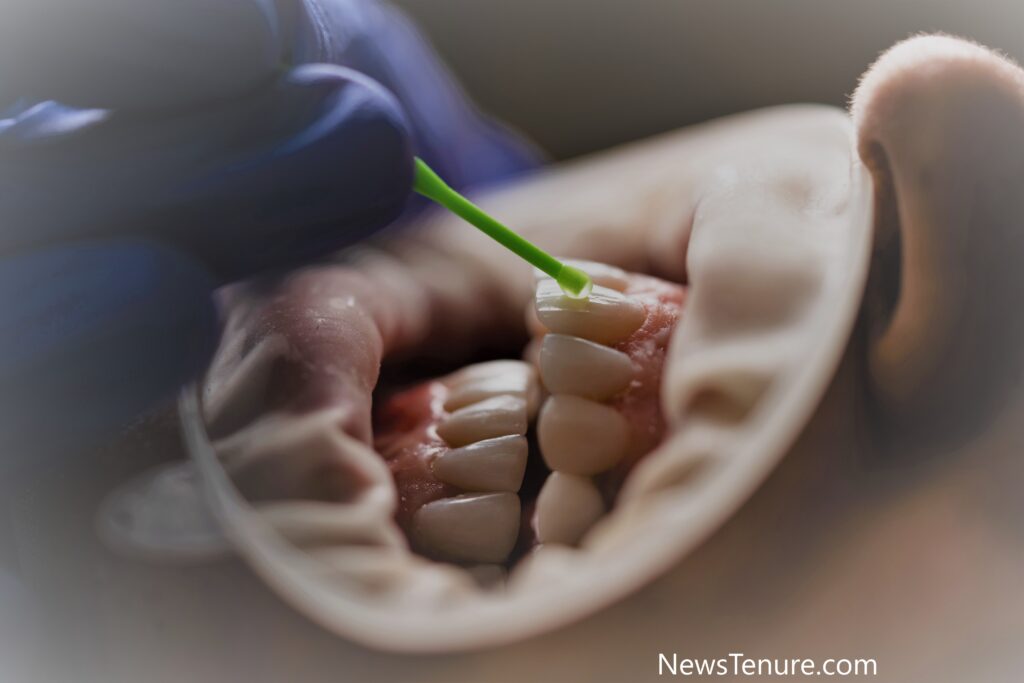Misaligned teeth can have various hidden costs that may affect both your oral health and overall well-being.
Misaligned teeth refer to dental conditions where the teeth do not align properly in the upper and lower jaws. This can manifest in various ways, including:
Crowding: When there is insufficient space in the jaw for all the teeth to fit properly, crowding occurs. This can lead to overlapping, rotated, or twisted teeth.
Spacing: The opposite of crowding, spacing occurs when there are gaps or spaces between the teeth. This can be caused by missing teeth, small teeth, or a larger jaw size relative to the size of the teeth.
Overbite: An overbite occurs when the upper front teeth overlap significantly with the lower front teeth. It can result in the lower teeth biting into the roof of the mouth, leading to potential dental issues.
Underbite: An underbite refers to a condition where the lower teeth protrude further than the upper teeth, causing the lower jaw to appear more prominent. This can affect the alignment of the jaw and may cause difficulties with biting and chewing.
Crossbite: A crossbite occurs when the upper teeth bite inside the lower teeth instead of outside, or when the lower teeth bite inside the upper teeth instead of outside. It can cause misalignment of the jaws and potential functional issues.
Open Bite: In an open bite, the upper and lower teeth do not meet properly when the mouth is closed. This can create difficulties in chewing and speaking, and it may also impact the facial appearance.
Misaligned teeth can be caused by various factors, including genetics, improper dental development, early loss of primary , habits like thumb-sucking or tongue thrusting, or facial injuries. If you have concerns about the alignment of your teeth, it is advisable to consult with a dental professional or orthodontist who can evaluate your specific condition and recommend appropriate treatment options.
Cost Of Misaligned Teeth 2023
Misaligned teeth can have various hidden costs that may affect both your oral health and overall well-being. Here are some of the potential hidden costs associated with misaligned teeth.
Dental Health Issues: Misaligned teeth can create tight spaces and hard-to-reach areas, making it difficult to clean your teeth properly. This increases the risk of plaque buildup, tooth decay, and gum disease. Over time, these issues can lead to more extensive dental treatments and expenses.
Bite Problems: Misaligned teeth can result in an improper bite, known as malocclusion. This can cause discomfort, difficulty chewing, and excessive wear on specific teeth. Over time, it may lead to temporomandibular joint (TMJ) disorders, which can cause jaw pain, headaches, and difficulty opening or closing your mouth.
Speech Impediments: In some cases, can affect speech patterns. Certain sounds may be difficult to pronounce clearly, leading to speech impediments. This can impact your confidence and communication skills, potentially affecting personal and professional relationships.
Self-Esteem and Confidence: Misaligned teeth can significantly impact your self-esteem and confidence. People may feel self-conscious about their smile and be hesitant to show their teeth in social situations. This can lead to decreased confidence and a reluctance to engage in activities where smiling or speaking is involved.
Psychological and Emotional Effects: The impact of misaligned teeth goes beyond physical discomfort. Many individuals with misaligned teeth experience psychological and emotional effects, such as low self-esteem, social anxiety, and depression. These feelings can affect various aspects of life, including personal relationships, career opportunities, and overall well-being.
Increased Risk of Dental Injuries: Misaligned teeth are often more prone to injury in case of accidents or trauma. Protruding teeth or an irregular bite may be more susceptible to fractures, chipping, or other dental injuries. Treating these injuries can require extensive dental work and incur additional costs.
Long-Term Orthodontic Treatment
If left untreated, misaligned teeth may worsen over time. Severe misalignments may require orthodontic treatment, such as braces or aligners, to correct the position of the teeth. Orthodontic treatments can be costly and time-consuming, requiring regular visits to the dentist or orthodontist over an extended period.
It’s important to note that the hidden costs of misaligned teeth can vary from person to person, depending on the severity of the misalignment and individual circumstances. Consulting with a dental professional is crucial to assess your specific situation and determine the best course of action to address misaligned teeth.




